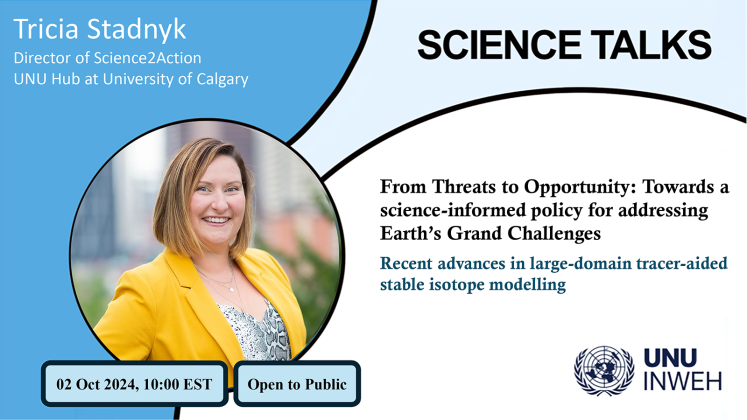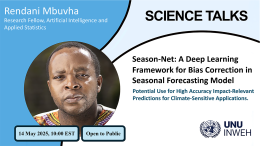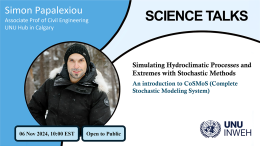As global climate change alters hydroclimatic responses beyond the range of predictability based on historic hydrometeorological records, water resource practitioners are increasingly reliant on methods of modelling continental and global hydrology. Though local scale heterogeneity and connectivity between hydrologic storages and fluxes tend to be averaged out across large domains, it is precisely these process scale changes that remain crucial as early indicators of climate change. A lack of data at continental scales, particularly in high latitude or under-represented regions (e.g., the global south), presents a challenge for the accurate calibration and evaluation of the very models necessary for predicting design flows required for climate adaptation and infrastructure policy. Efficient and accessible hydrologic prediction tools capable of diagnosing and interpreting continental scale changes in water balance components and overall water supply, including ecosystem changes and uncertainty methods for operational decision-making, are needed.
In this presentation, recent advances in large-domain tracer-aided stable isotope modelling and the contributions isotope tracers make to improving our knowledge of hydrologic processes across large-domains will be demonstrated. The influence of process-based model outcomes will be highlighted using examples from cold region domains, including the propagation of small historical differences into significantly different upper quantile flow predictions. Despite the significant advances in global earth system modelling, the path forward should seek to integrate socio-economic and ecosystem feedback for a more holistic view of climate impacts and adaptation policy. Integral to this will be building and supporting global operational monitoring networks and a community of practice, providing standards and guidance for integrated modelling approaches, and a focus on building model-agnostic workflows and tools that efficiently leverage scale-independent approaches. Climate change and environmental impacts are uniquely demanding ‘wicked problems’ due to their complexity and interconnectedness, which require transdisciplinary approaches. Despite a succession of rapid advances, much of what is scientifically achieved fails to inform current policy and practitioner decision-making due to a lack of informed knowledge translation. This presentation will feature the non-traditional forms of communication required to mobilize science into policy and for improved communication of climate related risks. Our community needs a concerted effort to ensure scientific knowledge is underpinning climate adaptation and government policy for addressing Earth’s Grand Challenges.
Joint the Event
Speaker

Prof. Tricia Stadnyk
Director of Science2Action
UNU Hub at University of Calgary






